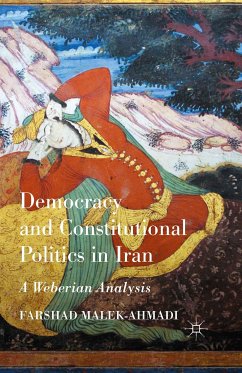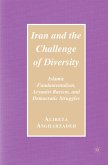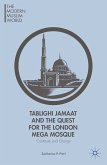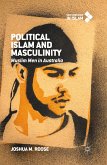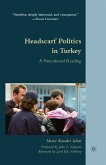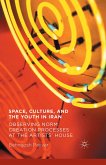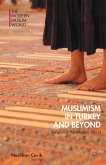Dieser Download kann aus rechtlichen Gründen nur mit Rechnungsadresse in A, B, BG, CY, CZ, D, DK, EW, E, FIN, F, GR, HR, H, IRL, I, LT, L, LR, M, NL, PL, P, R, S, SLO, SK ausgeliefert werden.
"A careful and sophisticated account of Iran's bumpy road to democratization in historical perspective and cast in an analytical framework drawn from Max Weber. Malek-Ahmadi presents Iran's unique constitutional experience in a new light." - Said Amir Arjomand, Distinguished Service Professor of Sociology, State University of New York, Stony Brook, USA
"Farshad Malek-Ahmadi captures the tension between democratic and autocratic tendencies in Iranian politics and the power wielded by Shiite clerics over government policies that long predates the 1979 Islamic Revolution. Iran's ultimate modernization, he suggests, depends on a separation of mosque and state that may take another generation or more to achieve." - Barbara Slavin, Author of Bitter Friends, Bosom Enemies: Iran, the U.S., and the Twisted Path to Confrontation (2009)
"Relying on Max Weber's discussion of different types of authority, Farshad Malek-Ahmadi deftly lays out the interplay of the historical yearning for constitutionalism in Iran and the repeated hurdles to this quest for representation and rule of law. Despite delineation of repeated institutional failures, Malek-Ahmadi's conclusion about the strength of the yearning for constitutionalism is both refreshing and hopeful." - Farideh Farhi, Independent Scholar and Affiliate Graduate Faculty at the University of Hawai'i at Manoa, USA
"The history of twentieth-century Iran is bracketed by two experiments in constitutional design, the Constitutional Revolution of 1906-1907 and the Islamic Republic, which was established in 1979. Farshad Malek-Ahmadi's erudite book contrasts these episodes and explores their implications for the ongoing tension between clerical authorities and the emerging modern state in Iran, using the classic conceptual framework of the great German sociologist Max Weber." - Charles Kurzman, Professor of Sociology, University of North Carolina at Chapel Hill, USA

